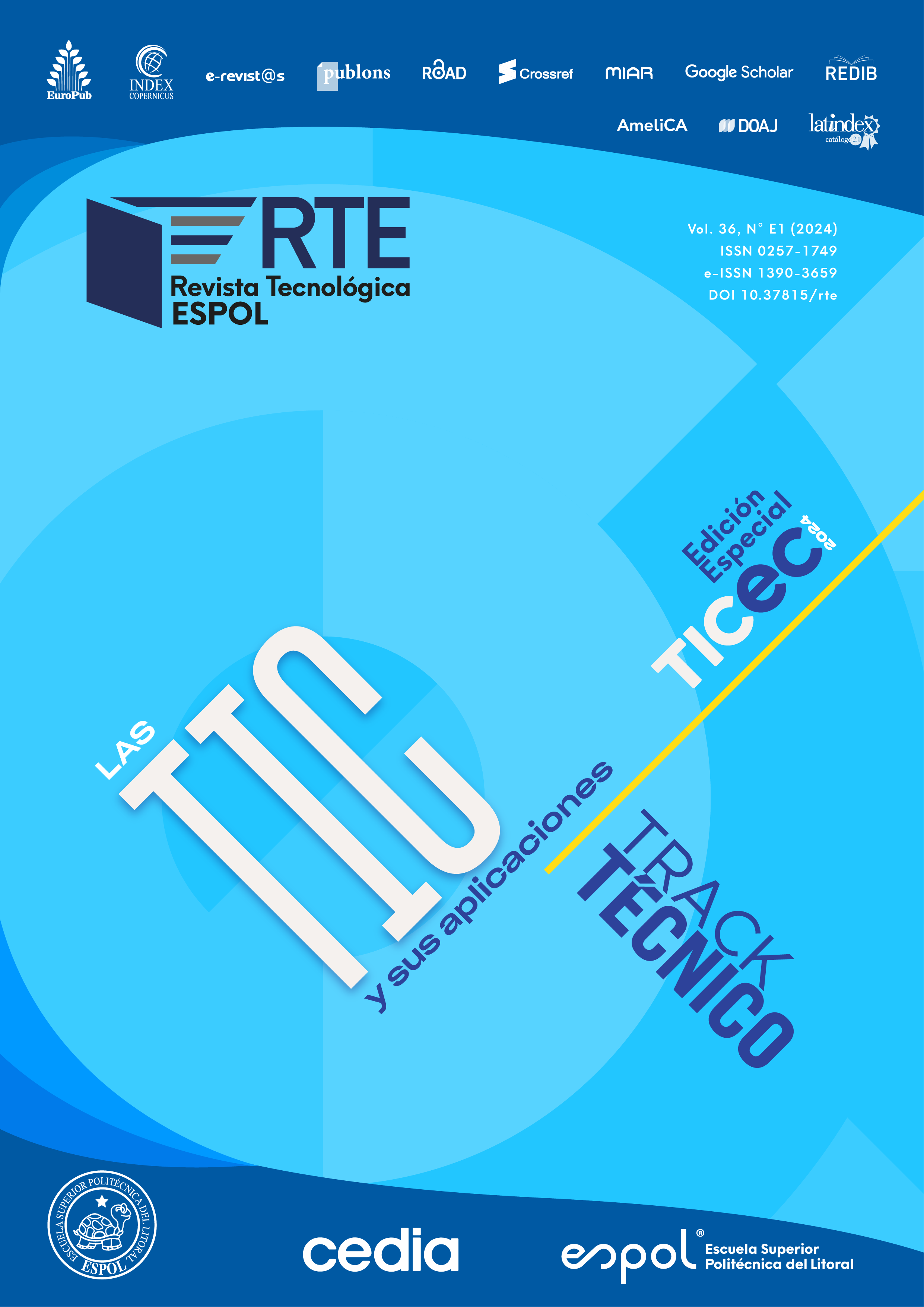La transformación digital en la educación ha generado la necesidad de capacitar a los docentes y mejorar sus competencias digitales. Sin embargo, los procesos de formación no suelen ser efectivos dada la falta de personalización en las propuestas y la variedad en los perfiles de los docentes. Dado lo anterior, este artículo aborda el desarrollo de una herramienta web diseñada para diagnosticar las capacidades digitales de los profesores y proporcionar recomendaciones personalizadas de MOOCs para apoyar el desarrollo de sus competencias. Para esto se propone un sistema que utiliza técnicas de Procesamiento de Lenguaje Natural (PLN) y un modelo de recomendación basado en contenido. Los datos de los cursos se obtienen mediante web scraping y se procesan con técnicas de PLN, utilizando un modelo de lenguaje avanzado (BERT) para generar representaciones vectoriales de los cursos y las competencias. El sistema web permite a los docentes autoevaluar sus competencias, visualizar los resultados y recibir recomendaciones personalizadas de cursos MOOC. La implementación de este sistema ha mostrado ser eficaz en la identificación de las áreas de mejora de los docentes y en la sugerencia de cursos relevantes para su desarrollo profesional. Los resultados sugieren que el uso de este sistema puede ser una solución efectiva para la capacitación en competencias digitales de los docentes.

Esta obra está bajo una licencia internacional Creative Commons Atribución-NoComercial 4.0.
Referencias
Ali, Aida & Shamsuddin, Siti Mariyam & Ralescu, Anca. (2015). Classification with class imbalance problem: A review. International Journal of Advance Soft Computing Applications, 7, 176-204.
Aggarwal, C. C. (2016). Recommender Systems. Springer International Publishing. https://doi.org/10.1007/978-3-319-29659-3
Ayabaca, D. M. G., Alba, J. A. J., & Guamán, E. E. E. (2019). Implementación de las TIC en el ámbito educativo ecuatoriano. Sociedad & Tecnología, 2(2), Article 2. https://doi.org/10.51247/st.v2i2.49
Brooke, J. (1995). SUS: A quick and dirty usability scale. Usability Eval. Ind., 189.
Cañete, J., Chaperon, G., Fuentes, R., Ho, J.-H., Kang, H., & Pérez, J. (2023). Spanish Pre-trained BERT Model and Evaluation Data (arXiv:2308.02976). arXiv. https://doi.org/10.48550/arXiv.2308.02976
Devlin, J., Chang, M.-W., Lee, K., & Toutanova, K. (2019). BERT: Pre-training of Deep Bidirectional Transformers for Language Understanding. arXiv. http://arxiv.org/abs/1810.04805
Figueredo, O. R. B. (2013). Tecnologías emergentes en la educación: Una experiencia de formación de docentes que fomenta el diseño de ambientes de aprendizaje. Educação & Sociedade, 34(123), 531–548.
INTEF (Instituto Nacional de Tecnologías Educativas y de Formación del Profesorado). (2023). Marco de Referencia de la Competencia Digital Docente (MRCDD). Secretaría General Técnica del Ministerio de Educación y Formación Profesional de España.
Kedia, A., & Rasu, M. (2020). Hands-On Python Natural Language Processing: Explore tools and techniques to analyze and process text with a view to building real-world NLP applications. Packt Publishing Ltd.
Khyani, D., & B S, S. (2021). An Interpretation of Lemmatization and Stemming in Natural Language Processing. Shanghai Ligong Daxue Xuebao/Journal of University of Shanghai for Science and Technology, 22, 350–357.
Krathwohl, D. R. (2002). A Revision of Bloom’s Taxonomy: An Overview. Theory Into Practice, 41(4), 212–218. https://doi.org/10.1207/s15430421tip4104_2
Lee, R. S. T. (2023). Natural Language Processing: A Textbook with Python Implementation. Springer Nature.
Leskovec, J., Rajaraman, A., & Ullman, J. D. (2014). Mining of Massive Datasets. Cambridge University Press.
MEN (Ministerio de Educación Nacional de Colombia). (2013). Competencias TIC para el Desarrollo Profesional Docente. Oficina de Innovación Educativa con Uso de Nuevas Tecnologías.
Scikit-learn. (2018). Parameter estimation using grid search with cross-validation. Scikit-learn. Retrieved May 27, 2024, from https://scikit-learn.org/0.18/auto_examples/model_selection/grid_search_digits.html
Patel, J. M. (2020). Getting Structured Data from the Internet: Running Web Crawlers/Scrapers on a Big Data Production Scale. Apress.
Redecker, C. (2020). Marco Europeo para la Competencia Digital de los Educadores: DigCompEdu (Fundación Universia & Ministerio de Educación y Formación Profesional, Trans.). Secretaría General Técnica del Ministerio de Educación y Formación Profesional de España.
Saito, T., & Rehmsmeier, M. (2015). The Precision-Recall Plot Is More Informative than the ROC Plot When Evaluating Binary Classifiers on Imbalanced Datasets. PLOS ONE, 10(3), e0118432. https://doi.org/10.1371/journal.pone.0118432
Trust, T. (2018). 2017 ISTE Standards for Educators: From Teaching With Technology to Using Technology to Empower Learners. Journal of Digital Learning in Teacher Education, 34(1), 1–3. https://doi.org/10.1080/21532974.2017.1398980







